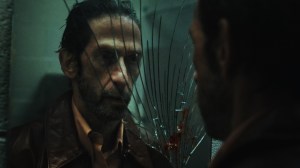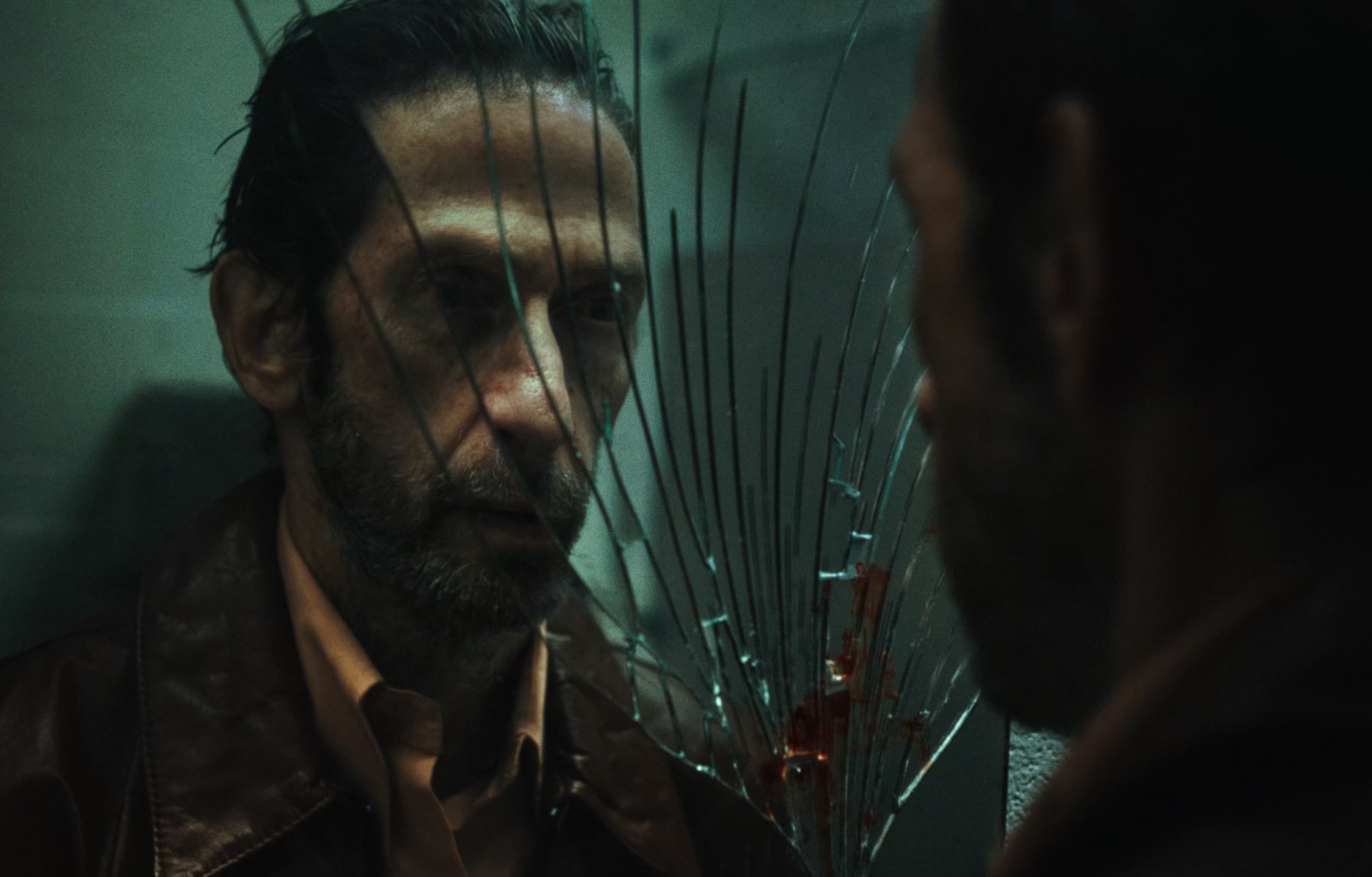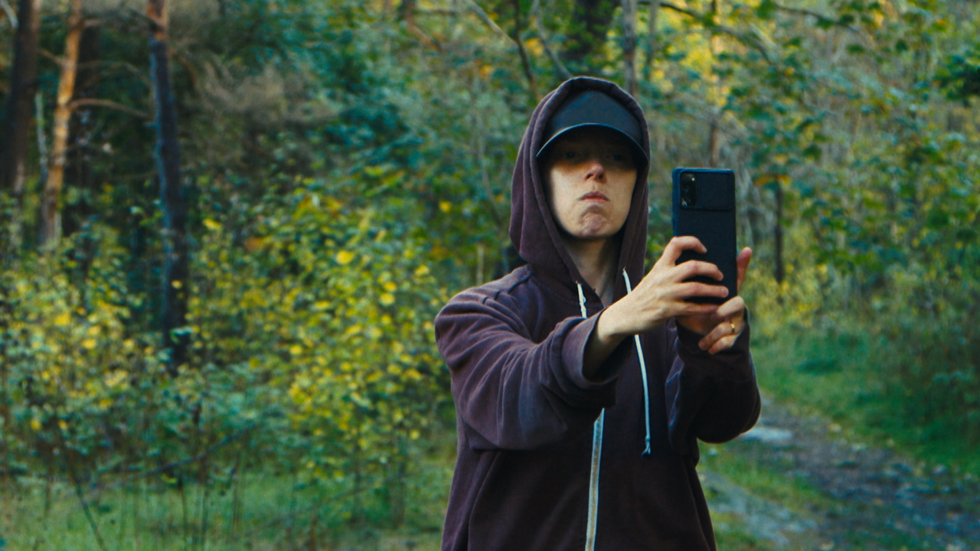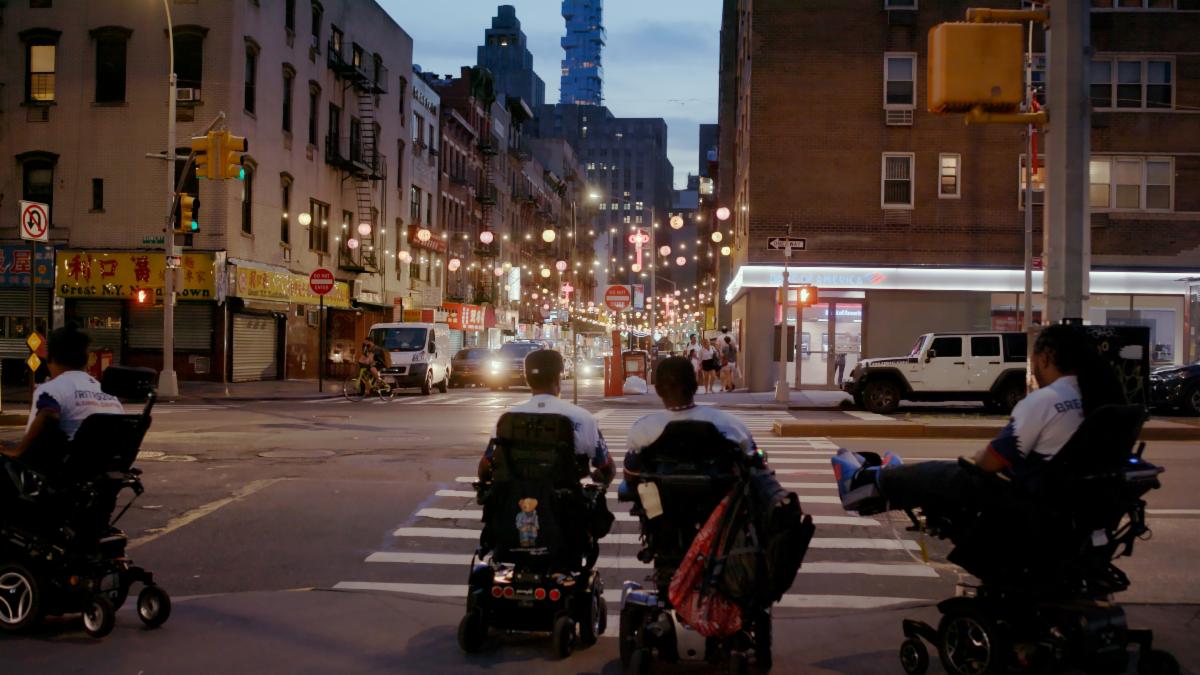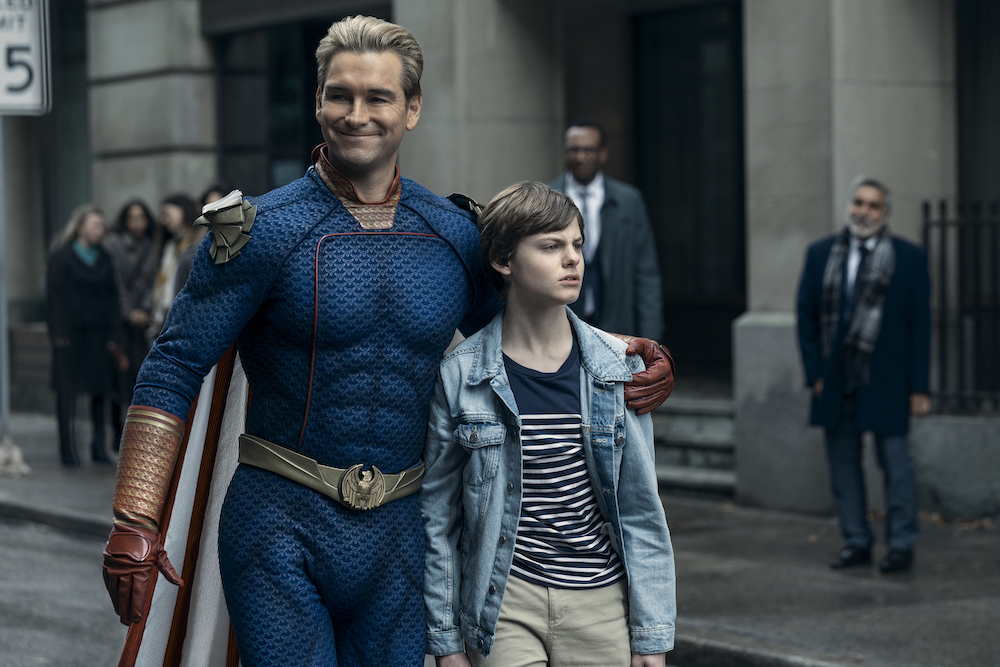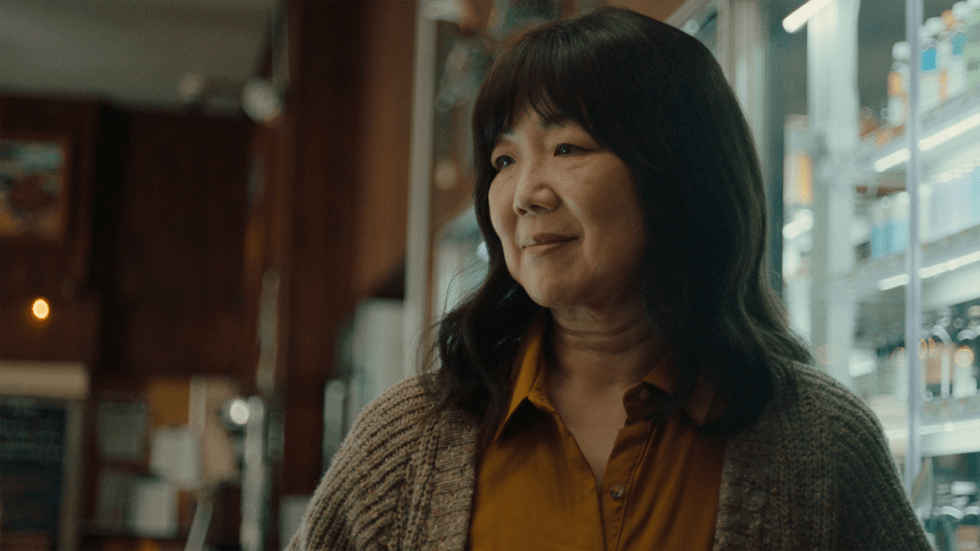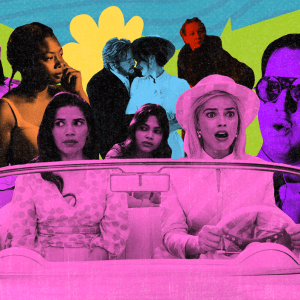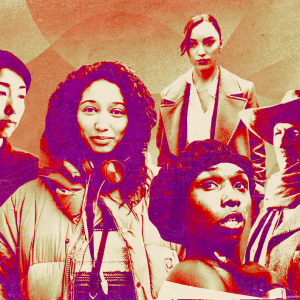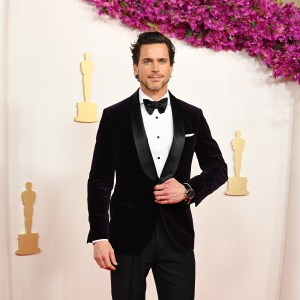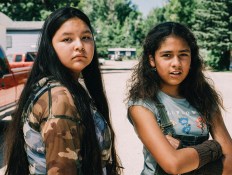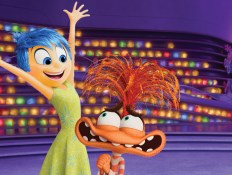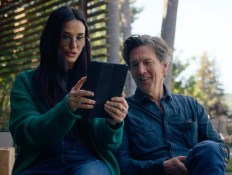By providing your information, you agree to our Terms of Use and our Privacy Policy. We use vendors that may also process your information to help provide our services. This site is protected by reCAPTCHA Enterprise and the Google Privacy Policy and Terms of Service apply.
‘Jazzy’ Review: Morrisa Maltz’s Spiritual Sequel to ‘The Unknown Country’ Is a Dreamy Journey Through Coming of Age
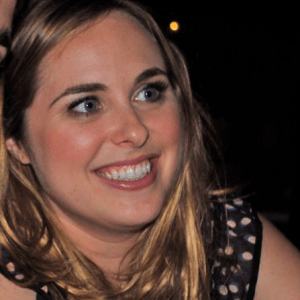
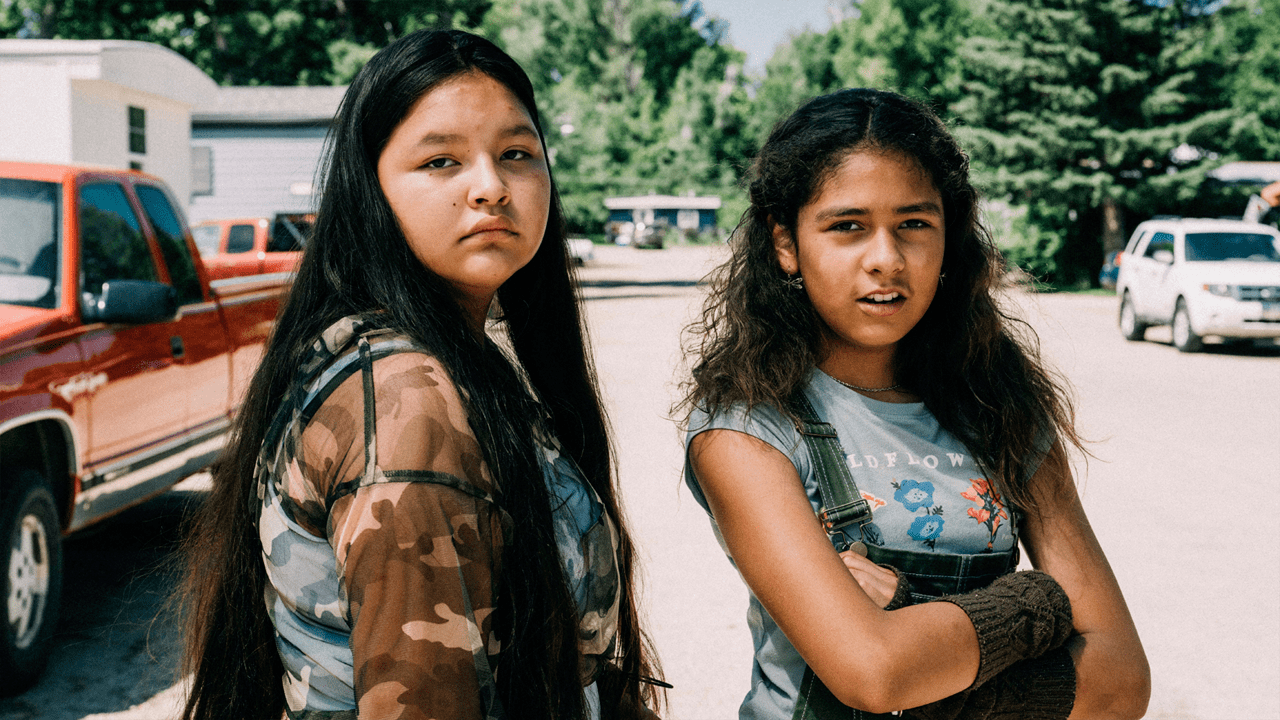
Practical concerns first: No, you do not have to watch filmmaker Morrisa Maltz‘s previous film — “The Unknown Country,” a spiritual prequel to her latest — before you watch “Jazzy.” But to skip over this film’s predecessor is to rob yourself of one of American indie cinema’s richest recent treats. In terms of understanding the world Maltz takes us inside, there is plenty of connective tissue between “The Unknown Country” and “Jazzy.” But the bulk of it is emotional, not narrative. In short: watch Maltz’s entire, growing cinematic universe in whichever order you can. The rewards will be the same.
Maltz’s latest follows the filmmaker’s own goddaughter — and “Unknown Country” standout — Jasmine “Jazzy” Bearkiller Shangreaux as the titular character, a young Native girl growing up in South Dakota. While the film’s official screenplay credits go to Maltz, Jazzy’s own mom Lainey Bearkiller Shangreaux, Vanara Taing, and Andrew Hajek, the film’s official press notes also credit it as being “based on stories by” its young stars, Shangreaux and Syriah Fool Head Means. That’s only fitting for this dreamy, intimate exploration of the girls’ coming-of-age, an emotional journey that tracks their relationship over the course of many years.
Maltz steeps us in Jazzy and Syriah’s world instantly, transporting us to the playgrounds and school buses where so many of the small dramas — all of which the filmmaker treats with care and respect — that frame their childhood experiences will take place. And while the energy of this world is intoxicating, much of it bolstered by a zippy soundtrack that runs the gamut, we see small pains taking shape, too. Jazzy and Syriah have been friends for many years (even their moms are tight), but the more flighty Jazzy is too quick to anoint other girls as her “best friend,” even when the more serious Syriah is within earshot.
That drama will reach a head around the film’s halfway point, as Jazzy kicks back on a seemingly normal bus ride home, only to watch her entire life crumble around her when Syriah just… walks right past her, takes a seat away from her, and turns her face to the side. Jazzy, so stunned by this, so confounded and hurt, can’t help but continue to yell out to her friend, a moment of such pure panic and childhood shame that it feels instantly seared into not just her core memories, but ours, too.
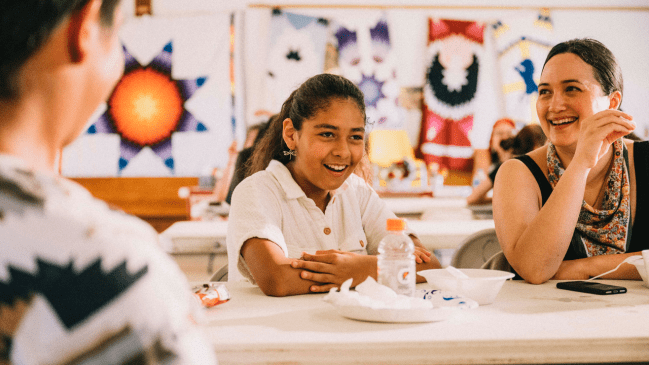
While some in Hollywood may be turning against stories they feel are somehow too personal (looking at you, Pixar), this incredibly specific moment in Jazzy and Syriah’s friendship is more relatable and more affecting than reams of depersonalized studio stories. We don’t have to have lived it to feel it. That’s the magic Maltz is attempting to conjure up in her film, and the emotional experience of it proves rich indeed.
But Maltz isn’t all vibes, as the younger generation might say, and she eventually gives us plenty of reasons why Syriah is shutting out Jazzy, many culminating in Syriah’s impending move away from Jazzy and their long-shared hometown. What follows is a stirring testament to the power of friendship and an often quite amusing look at the pains and pleasures of maturing. Both together and apart, Jazzy and Syriah navigate crushes, changing bodies, complicated families, and even death itself, all universal experiences here rendered into delicate dioramas.
Some of the film’s more clearly scripted bits can read as stilted, and more profound revelations appear in casual chatter, like when the girls smartly dismiss “growing up” as sounding like a pain. But Shangreaux and Means are both charismatic and natural enough to keep us paying attention. Maltz’s more subtle touches, particularly how she frames the film’s adult characters for much of the film’s running time (just out of the picture, just distant enough to remind us this is not their story), offer evidence of her strong filmmaking chops. One adult who brings incredible life and texture to the film: executive producer and returning “Unknown Country” star Lily Gladstone, who appears just when Jazzy needs her most.
This is a filmmaker who knows how to tell story by showing it, and by trusting her audience to come along for the ride. How rare that has become these days.
Grade: B+
“Jazzy” premiered at the 2024 Tribeca Film Festival. It is currently seeking U.S. distribution.
By providing your information, you agree to our Terms of Use and our Privacy Policy. We use vendors that may also process your information to help provide our services. This site is protected by reCAPTCHA Enterprise and the Google Privacy Policy and Terms of Service apply.
